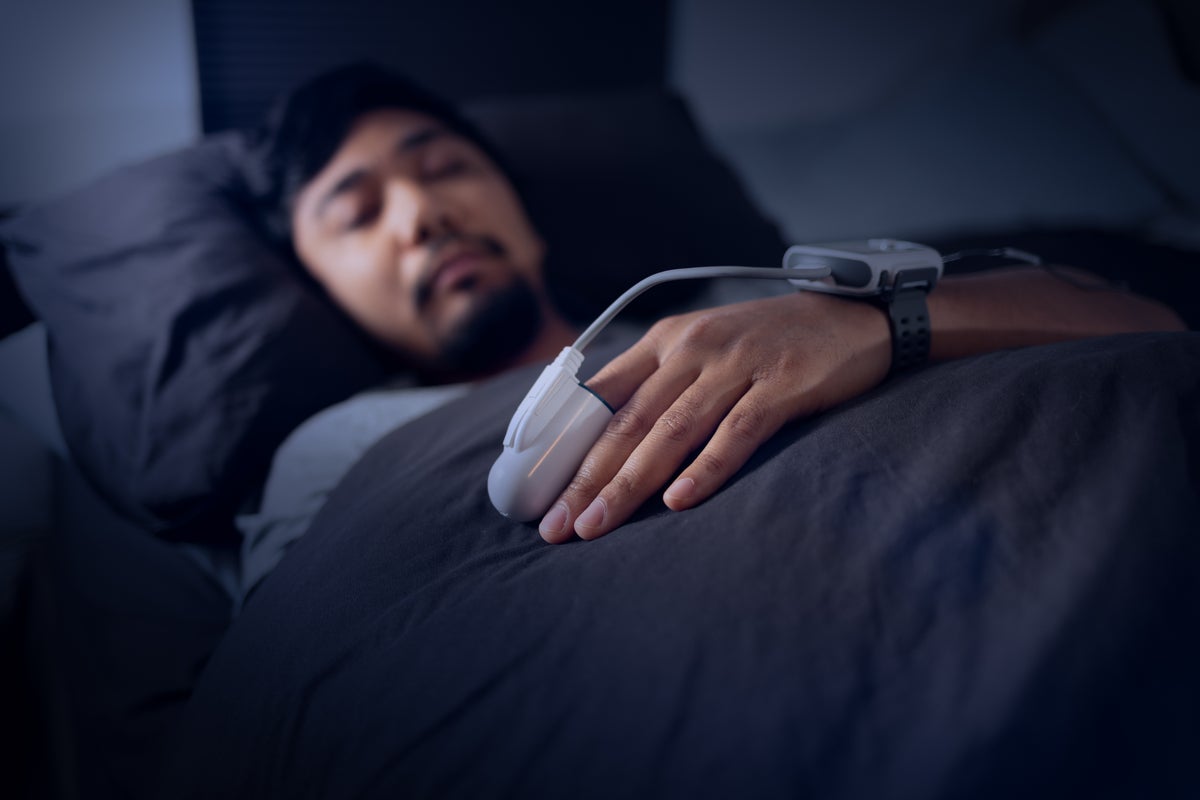
"In the United States, about 12% of adults have been diagnosed with chronic insomnia, which often exacerbates other health conditions like depression and anxiety."
"Research suggests that the worldwide figure of people suffering from insomnia ranges between 10-30%, highlighting its prevalence as a significant public health challenge."
"Emerging treatments focusing on different brain pathways, along with cannabis-related molecules and medical devices, may offer hope for millions grappling with chronic insomnia."
"Cognitive behavioral therapy promises to be an effective solution for insomnia, albeit it is delivered under imperfect conditions and may vary in effectiveness among individuals."
Miranda, a 23-year-old, has battled chronic insomnia since childhood, impacting her ability to function in daily life, including her education and employment. Chronic insomnia affects around 12% of U.S. adults and 10-30% globally, often linked to other conditions like anxiety and chronic pain. However, new therapeutic options, including innovative pharmaceuticals, cannabis, and medical devices, are becoming available. Cognitive behavioral therapy also presents potential benefits, though it can be inconsistent in effectiveness. The need for effective insomnia treatment remains a pressing health concern worldwide.
Read at www.scientificamerican.com
Unable to calculate read time
Collection
[
|
...
]